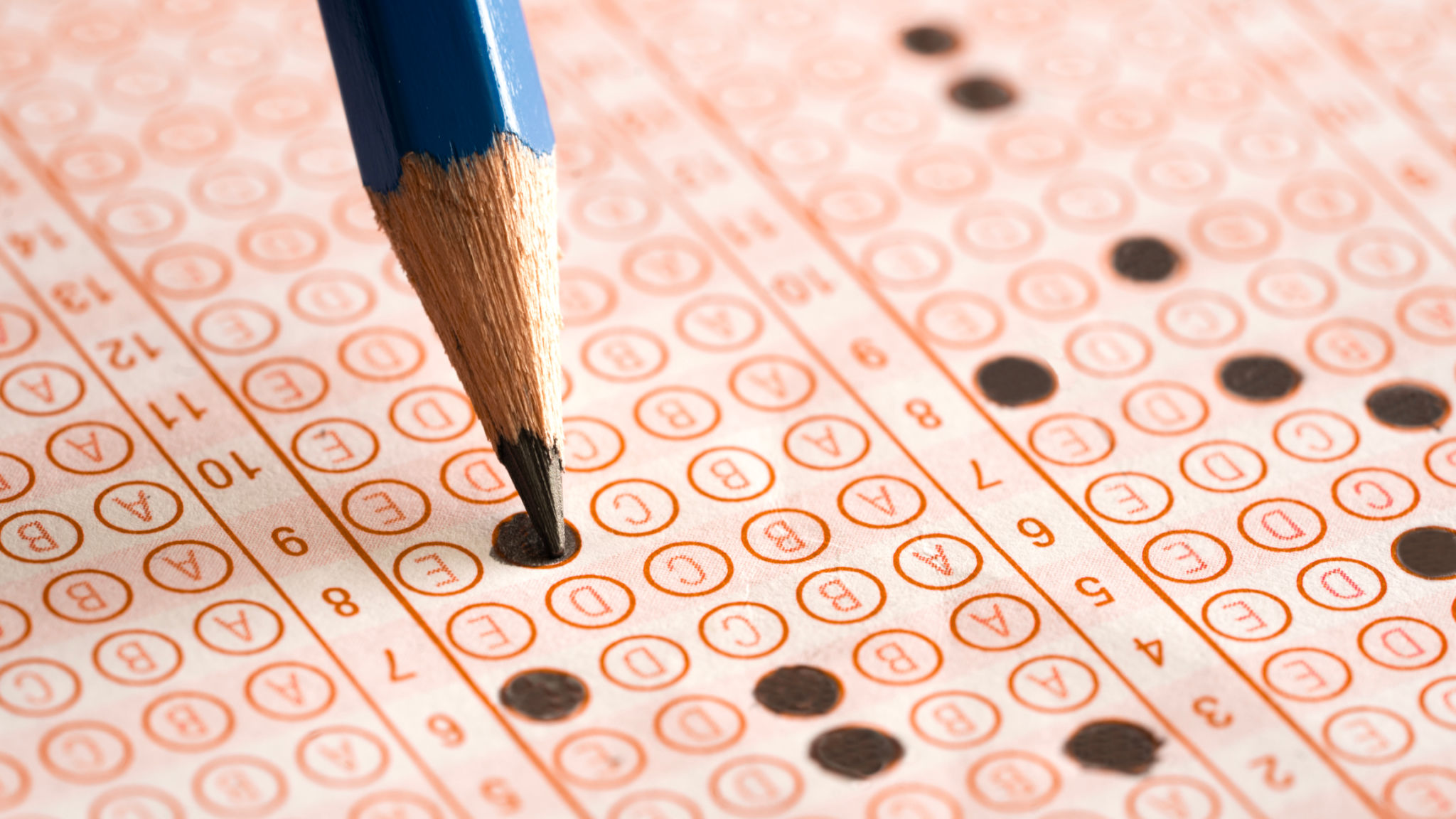10 Common Misconceptions About School Psychologists
Understanding the Role of School Psychologists
School psychologists play a crucial role in the educational system, yet their responsibilities are often misunderstood. This can lead to misconceptions about what they do and how they contribute to the school environment. Let's explore some of these common misconceptions to gain a clearer understanding of the vital work they perform.

Misconception 1: School Psychologists Are Only for Special Education
One of the most prevalent misconceptions is that school psychologists only work with special education students. In reality, they support all students by addressing a wide range of academic, social, and emotional issues. They collaborate with teachers, parents, and administrators to foster a positive learning environment for every student.
Misconception 2: They Only Provide Counseling
While counseling is a part of their job, school psychologists do much more. They conduct assessments, develop intervention strategies, and consult with educators on effective teaching practices. Their expertise helps in tailoring educational approaches that meet diverse student needs.

Misconception 3: School Psychologists Only Deal with Behavioral Issues
Another misconception is that school psychologists are solely concerned with managing behavioral problems. In truth, they address a broad spectrum of challenges, including learning disabilities, emotional disturbances, and family issues that can affect a student's academic performance and well-being.
Misconception 4: They're Only Present in Crisis Situations
While school psychologists are essential during crises, such as bullying or natural disasters, their work is proactive as well. They implement preventive measures to reduce the likelihood of such situations occurring and promote resilience among students.

Misconception 5: Teachers Can Fulfill the Role of a School Psychologist
Although teachers are integral to student development, they do not have the specialized training that school psychologists possess. School psychologists have advanced degrees in psychology and are skilled in mental health practices, assessment, and intervention techniques that teachers typically do not cover in their training.
Misconception 6: School Psychologists Work Alone
Some believe that school psychologists operate in isolation. However, they are part of a collaborative team that includes teachers, administrators, parents, and community resources. This teamwork ensures comprehensive support for students’ academic and emotional needs.
Conclusion: Recognizing the True Impact of School Psychologists
Understanding the true scope of a school psychologist's role helps dispel these misconceptions. By recognizing their multifaceted contributions, we can better appreciate how they enhance the educational experience and support student success across various domains.